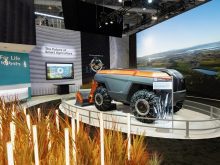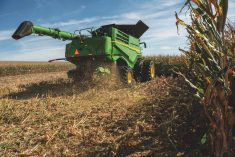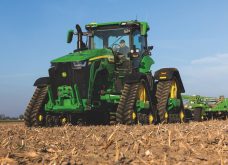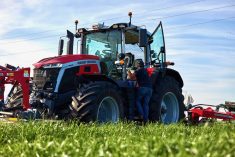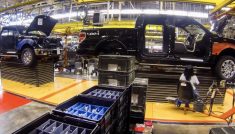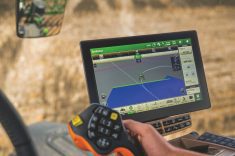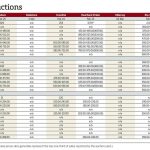Over a decade ago, John Deere senior executives made it clear the brand saw pursuing advanced technology as the way forward in the ag equipment business. Since then, Deere has introduced a steady stream of advanced digital systems, including the first fully autonomous tractor, an 8R, scheduled for market release this year.
And when it comes to automation, it doesn’t appear the brand is stopping there. In April, Deere revealed it has partnered with the California-based startup GUSS Automation to sell that company’s semi-autonomous orchard and vineyard sprayers to a broader market through Deere dealers.
Read Also
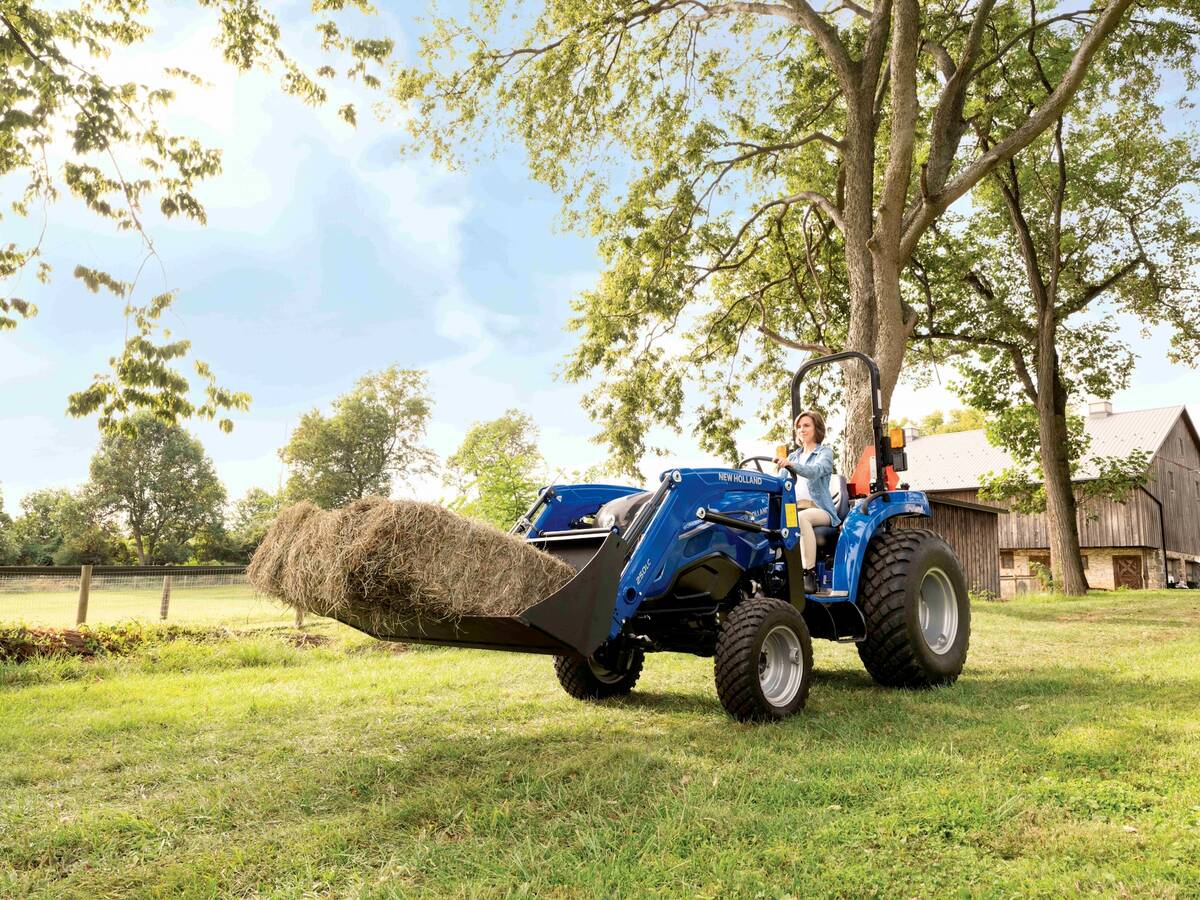
New Holland expands Workmaster compact tractor lineup
New Holland adds two new models to its Workmaster compact tractor lineup, the 35C and 40C. Also: Case IH debuts its new Farmall 35A and 40A tractors.
Chris Davison, director of small tractor and HVC production systems at John Deere, said through this joint venture, GUSS can market sprayers through the “Deere sales channel,” freeing up GUSS to focus on further innovation and product development.
“As demand for high-value crops grows, we see significant opportunities to help growers be more productive while addressing the challenges of increasing labour costs and finding skilled labour to operate equipment,” Davison added. “The GUSS team has a deep understanding of the high-value crop production system, as well as strong relationships with customers and a proven track record of deploying innovative technology.”
The initial announcement didn’t say whether those machines marketed through Deere’s sales network would wear green paint and a leaping deer emblem, or when dealers would start carrying the GUSS machines.
One operator, eight machines
The sprayers are described as semi-autonomous, and GUSS says one operator can monitor up to eight machines at one time. The company currently produces two models, one with a 600-gallon tank and another with a smaller 400-gallon capacity. Both use a 178-horsepower Cummins diesel for power. They rely not only on GPS but other sensors, including lidar (light detection and ranging) and a proprietary software system that allows the sprayers to work well, even under orchard canopies where GPS signal reception can be intermittent.
As a safety feature, operators wear a unique vest, which the sprayers detect, and they will not start operating until any person wearing a vest is clear. The company says the sprayer system is so easy to use, farm staff can begin operating it with just a few hours of training.
Multiple sprayers can operate in the same field, using assigned routes based on a field map. The machines can control application rates and sprayer speeds across entire fields and in variable terrain on their own within adjustable software parameters.
GUSS, which has about 35 full-time employees, is a relatively new startup company, founded in 2018. Deere says the partnership arrangement allows GUSS to retain its employees, brand name and trademark, and continue to operate from its current location. Allowing the company to keep its own brand appears to be the same approach Deere has taken with another California startup, Bear Flag Robotics. However, Deere purchased Bear Flag and allowed it to continue operating relatively independently. Deere hasn’t done that with GUSS — at least not yet.
While the GUSS machines are designed for use in orchards and vineyards now, it doesn’t seem like a big stretch of the imagination to fit them with wide spray booms for broad-acre applications for work on typical Prairie farms in the future.
“Deere and GUSS are both committed to investing in innovation and technology to help farmers be more productive and profitable while growing more food using fewer resources,” Davison said.




